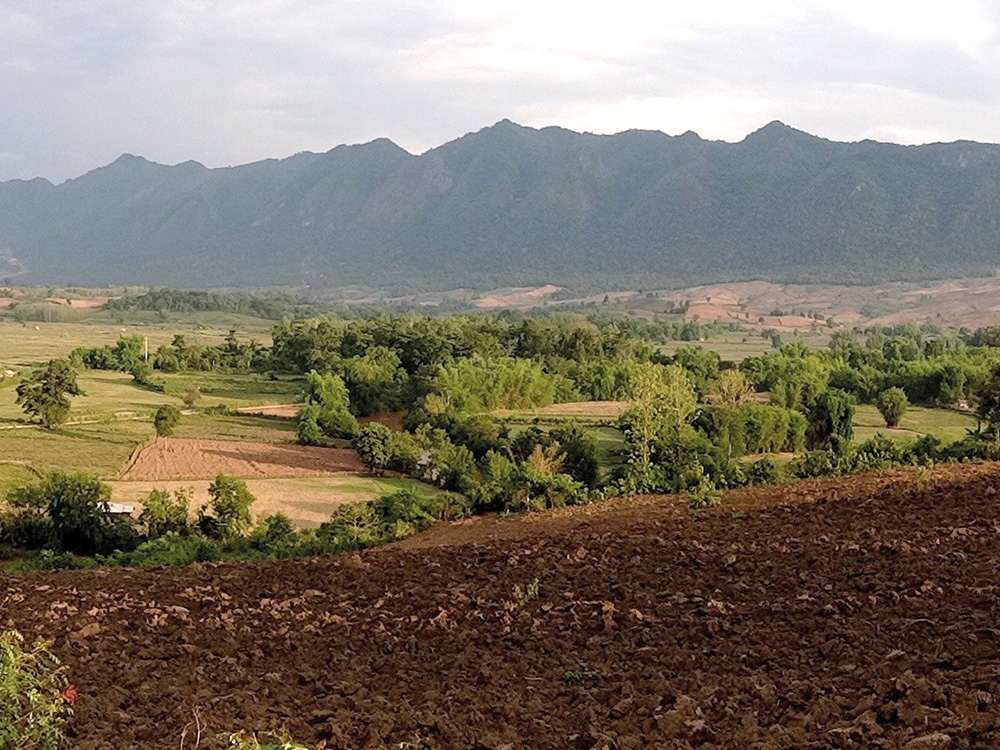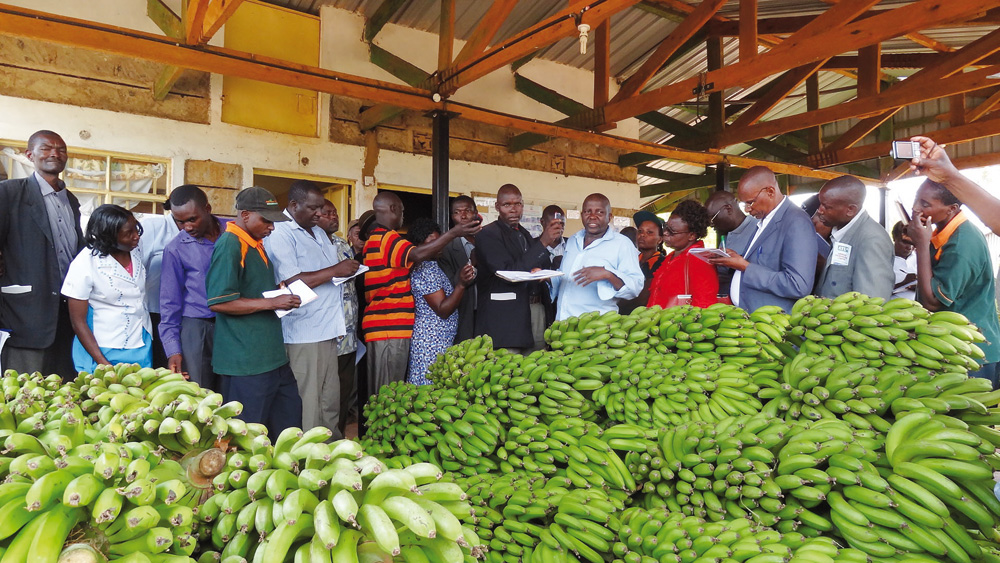Location
The international journal Rural 21 has dedicated more than 40 years to all topics surrounding rural development. Its ambition is to further those strategies and policies that strengthen rural areas of developing and newly industrialising countries and encourage their implementation. The journal addresses the complete range of relevant themes – from agriculture and fisheries via capacity building and education through to health and social security, energy supply and trade. Center-stage is always devoted to inquiring into how measures and strategies can contribute to global food security and to reducing poverty.
Rural 21 desires to further the dialogue between science and politics, the private sector, civil society and practitioners. Two platforms are designed for this purpose: Rural 21 in print is published four times a year, each issue highlighting a specific focus of rural development – this print edition is read in more than 150 countries. In parallel, Rural 21 online keeps the rural development community up to date on news and events, scientific findings and other print and online publications.
Rural 21 is published by DLG-Verlag GmbH in Frankfurt/Germany. Financial partners are BMZ (German Federal Ministry for Economic Cooperation and Development), GIZ (Deutsche Gesellschaft für Internationale Zusammenarbeit), DLG (German Agricultural Society – Deutsche Landwirtschaft-Gesellschaft), SDC (Swiss Agency for Development and Cooperation) and Helvetas Swiss Intercooperation.
The first issue of Rural 21 dates back to 1968. From 1974 to 2007, the journal was published in three languages entitled "entwicklung & ländlicher raum" / "agriculture & rural development" / "agriculture & développement rural". In 2008, the journal was relaunched as "Rural 21".
Members:
Resources
Displaying 81 - 85 of 319Many actors, little coordination
As with other countries, agricultural extension and advisory services (EAS) in Malawi are provided by public, private, and non-profit organisations. While it has become commonplace to refer to this collection of actors as a system, this claim is only valid in the loosest of terms, as many of the component parts do not functionally interact with others in an operational sense, tending rather to function as independent sub-networks within larger national, and international spheres of exchange.
Modern ICTs and rural extension: Have we reached the tipping point?
Today, it would be difficult to imagine agricultural extension without modern information and communication technologies. What they can do, where they fit in, and where they reach their limits is shown in the following examples.
Empowering rural women in India – it’s high time!
Publicly elected women representatives in India ought to take advantage of their influence to defend women’s rights.
From lab to field to market
“There is plenty of innovation. The trick is to get it to the farmers,” it is often said when technology transfer to farmers, and smallholders in particular, is referred to. In addition to the financial resources, they often lack the knowledge needed to be able to benefit from the new technologies. The ‘whole value chain approach’ of the Africa Harvest organisation shows how technology transfer can work.
Biovision’s Farmer Communication Programme
In many parts of Africa, formal education and training in agriculture is almost nonexistent. Swiss Biovision Foundation supports farmers via its Farmer Communication Programme. While it takes advantage of its close links with research institutions, the ideas and experiences of farmers also flow directly into its course contents.






